Foothill Says No To Plastic Water Bottles
New water bottles served by KJ’s.
Foothill College students are surely familiar with KJ’s Cafe, a friendly food shop with lunch, snacks, and now, boxed water. Beginning early in spring quarter 2018, KJ’s rejected single-use plastic water bottles in favor of water served in rectangular paper cartons in response to student-driven efforts. According to the cartons themselves, the boxed water is “contaminant-free” and a “sustainable option” for water.
One of the issues with plastic water bottles is the leaching of chemicals from the plastic container into the water over time. Polycarbonate, a plastic commonly used in bottles and other storage containers, is mainly composed of a chemical called bisphenol-a, or BPA. A growing body of research has linked BPA to increased risk of certain cancers, reduced fertility, birth defects and diabetes. As a result, some states have enacted laws banning BPA from several products. Even bottles made from other types of plastic such as polyethylene terephthalate leach chemicals into the water, yet the potential health risks these chemicals may pose is still unknown. In contrast, paper containers avoid many of these health risks simply due to the nature of the material.
An even larger concern surrounding plastic water bottles is their environmental impact. Major concerns include the production of plastic which requires crude oil, the transportation of materials which burns fuel, and the disposal of the bottles. Only 31 percent of plastic bottle beverages in the United States are recycled. The rest are sent to the landfill, where they can take hundreds of years to decompose, or end up as litter, which often finds its way to the ocean. Alternatively, paper material for boxed water comes from well-managed forests in which trees are continually replanted to replace harvested trees. Boxed water containers can also be shipped flat, lowering the amount of trucks needed for transportation and reducing carbon emissions in the process. The containers are also fully-recyclable, reducing waste sent to the landfill. And, unlike plastic, paper is biodegradable when littered.
Given the health and environmental benefits of switching to boxed water or banning single-use plastic water bottles altogether, the decision to do so would seem like a no-brainer. In fact, several college campuses across the U.S. have campaigned to ban water bottles entirely, including De Anza College. Unbeknownst to many, Foothill also tried to enact a water bottle ban at our new Sunnyvale campus. Unfortunately, the attempt didn’t succeed.
According to Brenda Davis, Foothill’s director of Facilities & Special Projects, “about two years ago when we built the Sunnyvale ed center, we had talked about maybe not bringing in water bottles at that point. People just felt we were way too early, that we would be forcing a management decision and they didn’t think it would be well-received.”
More recently, however, student-driven attempts to remove water bottles from the Foothill campus have resulted in some changes. Davis elaborated upon the efforts of a group of engineering students over the last year.
“What really did it for the senior management is when students did a survey and could prove that the water in the fountains was far better for you than the plastic bottles. They brought scientific data and people went ‘Wow!’ It was a no-brainer and an easy sell,” she stated.
The efforts of these students and other students who have voiced concerns over the sale of plastic water bottles prompted KJ’s to switch from plastic to paper. Foothill is also currently transitioning from vending machine companies Pepsi and Canteen to Vend Natural, which does not distribute plastic beverage bottles. However, there is still more work to do — several areas on campus still sell plastic beverage bottles.
Davis explained, “We’ve asked KJ’s, we’ve asked pacific dining, we’ve asked the bookstore to follow suit…KJ’s has talked about no straws, and pacific dining said no straws and no lids. We’re talking about it.”
The movement to end the sale of plastic beverage bottles at Foothill has succeeded when backed by student-driven efforts. The outcome of the current trend quite possibly lies in the students’ hands.
Additional Note: Some cafes on campus sell water in aluminum containers as well as cardboard. However, no plastic water bottles are sold at any KJ’s.

















































































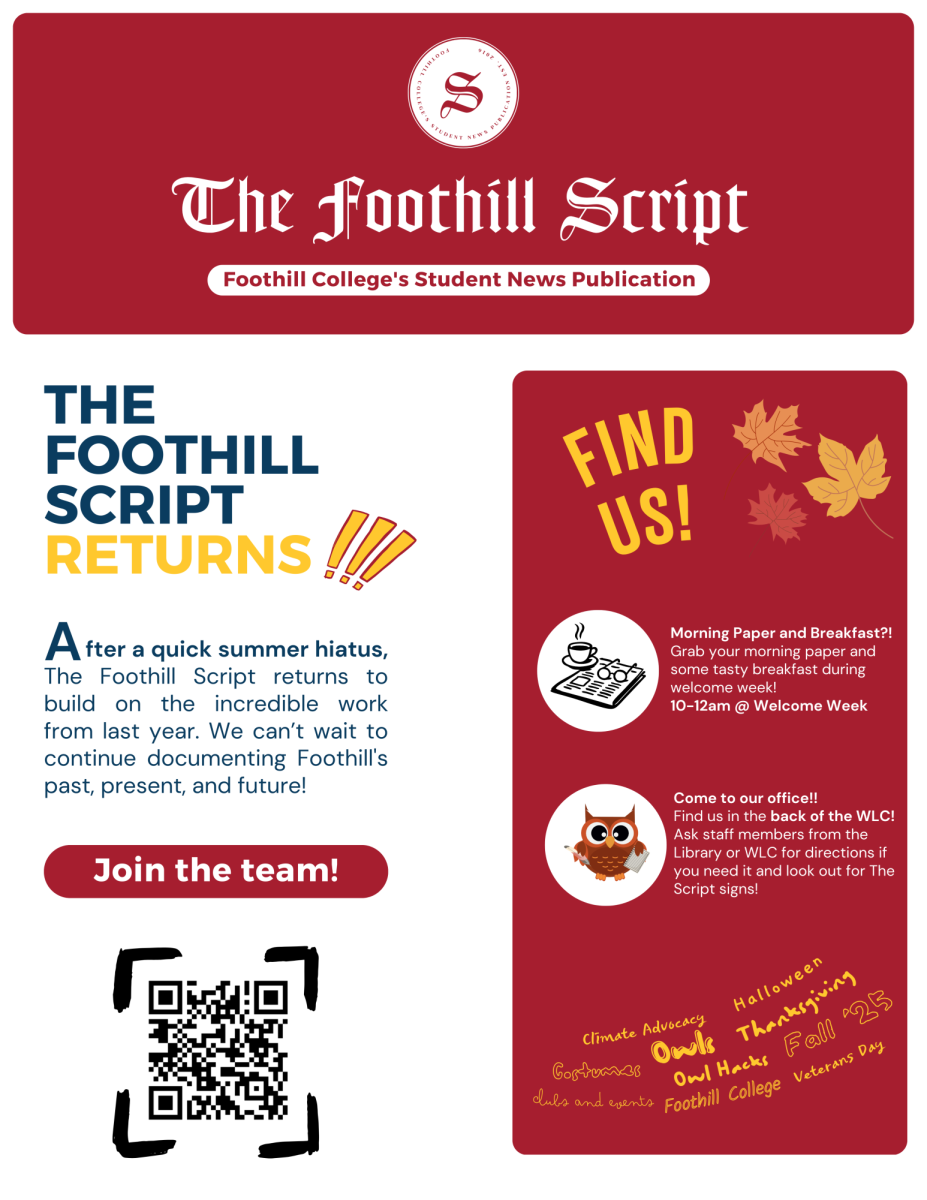



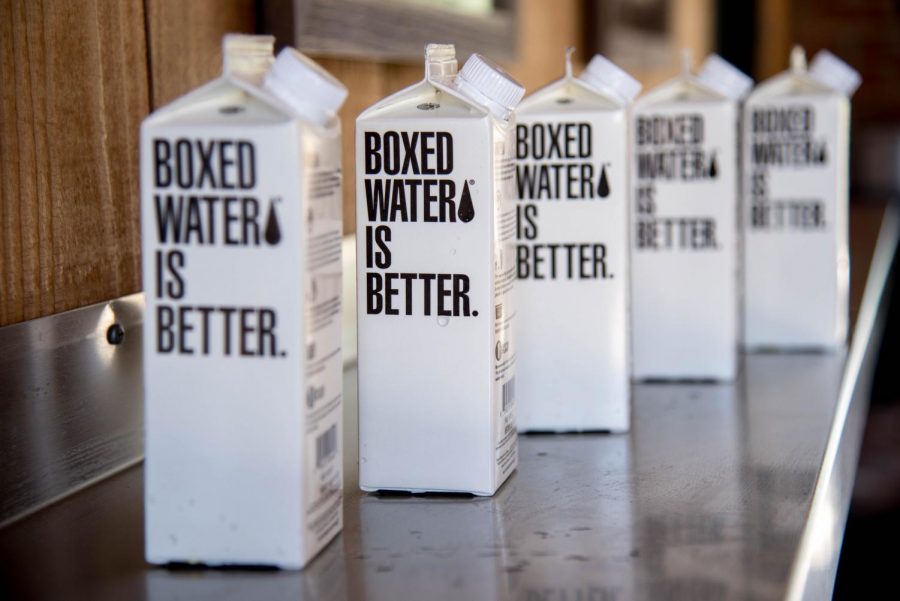


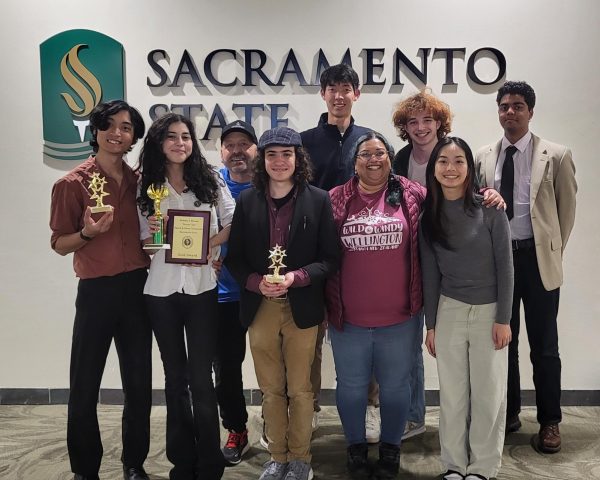
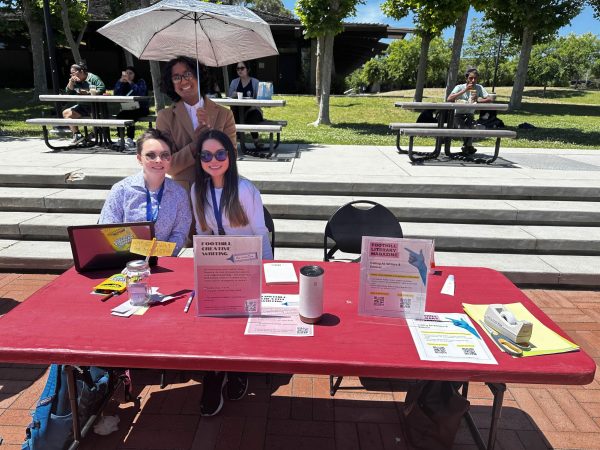

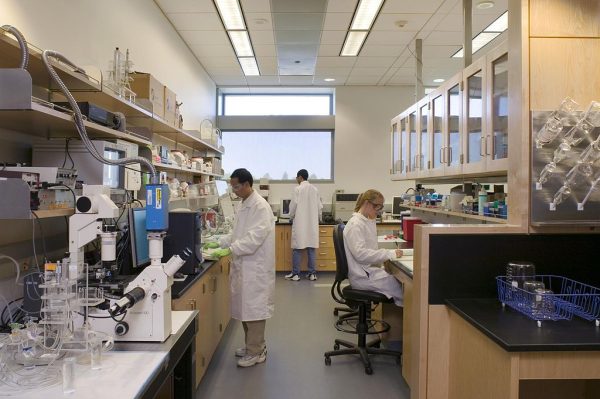
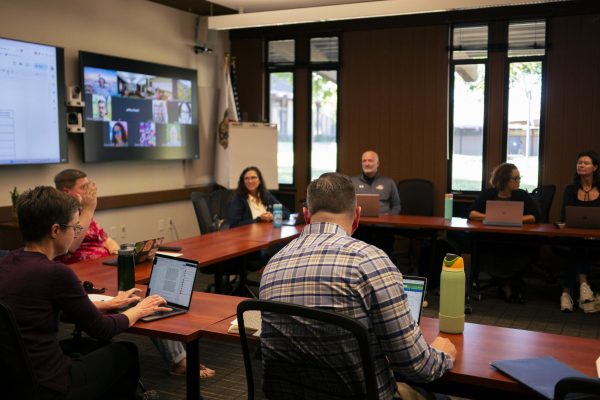
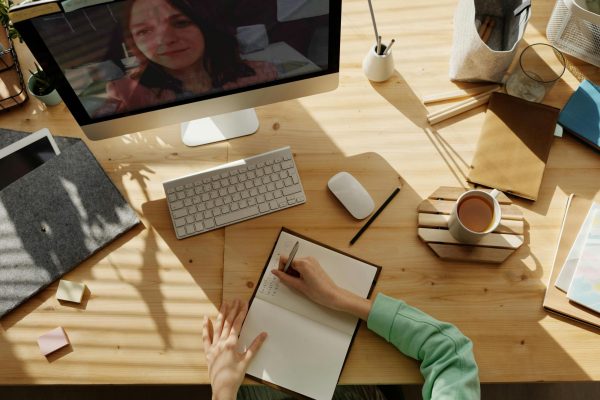
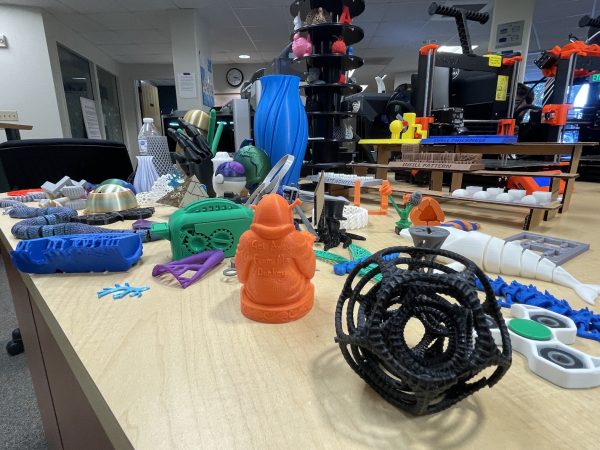

Nora Tenorio
Apr 10, 2023 at 10:26 pm
I really appreciate this post. I¡¦ve been looking all over for this! Thank goodness I found it on Bing. You have made my day! Thank you again
Ashley Jones
Jun 7, 2021 at 10:08 pm
I really appreciate this post. I have been looking all over for this! Thank goodness I found it on Bing. You have made my day! Thx again.
CrazyAsk
Harold Burton
May 26, 2021 at 6:27 am
I am constantly searching online for ideas that can facilitate me. Thanks!
Harold Burton
Hannah Flack
Feb 19, 2021 at 1:12 am
I think this is one of the most important info for me. And i’m glad reading your article. But want to remark on few general things, The site style is perfect, the articles is really nice : D. Good job, cheers|
Regards Hannah Flack
Alisha Ross
Mar 2, 2020 at 2:05 am
Thanks for sharing excellent informations. Your site is very cool. I’m impressed by the details that you have on this web site. It reveals how nicely you perceive this subject. Bookmarked this web page, will come back for extra articles. You, my friend, ROCK! I found just the info I already searched everywhere and just could not come across. What an ideal site
Regards
Ross Alisha
Victoria Tegg
Feb 5, 2020 at 10:13 pm
“Some studies show the people who arising from the
financially weaker strata are most gamble. ‘ interview with Real Colorado’s Lorne Rush – US Soccer Players.”
Victoria Tegg
MOSES BRODIN
Jan 3, 2020 at 1:32 am
Awsome info and right to the point. I don’t know if this is truly the best place to ask but do you people have any thoughts on where to employ some professional writers? Thanks 🙂